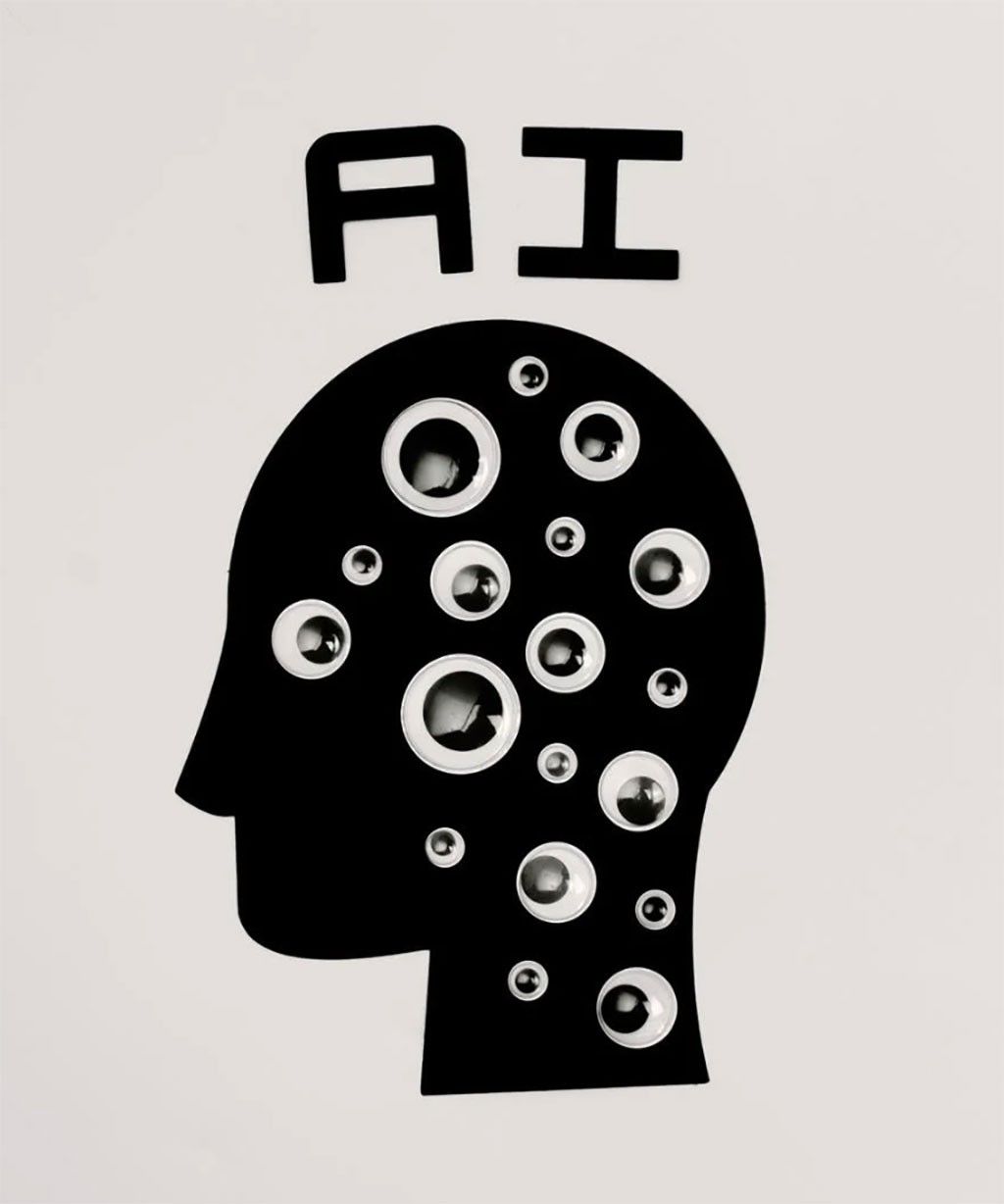Most Radiologists Want to Adopt AI Tools into Clinical Practice, Finds Study
Posted on 17 Aug 2022
Artificial intelligence (AI) may improve cancer detection and risk prediction during mammography screening, but radiologists’ preferences regarding its characteristics and implementation are unknown. Now, a new study into radiologists’ preferences pertaining to the use of AI as a support tool for cancer detection and risk prediction during mammography screening has found that up to 60% of radiologists intend to adopt AI tools into clinical practice in the near future.
Through qualitative interviews with radiologists, investigators at the University of Washington (Seattle, WA, USA) and Seattle Cancer Care Alliance (Seattle, WA, USA) identified five primary attributes for AI-based breast cancer detection and four for breast cancer risk prediction. The team developed a discrete choice experiment (DCE) based on these attributes and invited 150 U.S.-based radiologists to participate. Each respondent made eight choices for each tool between three alternatives: two hypothetical AI-based tools versus screening without AI. The investigators analyzed sample-wide preferences using random parameters logit models and identified subgroups with latent class models. The respondents (N=66; 44% response rate) were from six diverse practice settings across eight states.

The investigators found that the radiologists were more interested in AI for cancer detection when sensitivity and specificity were balanced (94% sensitivity with <25% of examinations marked) and AI mark-up appeared at the end of the hanging protocol after radiologists complete their independent review. For AI-based risk prediction, the radiologists preferred AI models using both mammography images and clinical data. Overall, 46-60% intended to adopt any of the AI tools presented in the study; 26-33% approached AI enthusiastically but were deterred if the features did not align with their preferences. Based on these findings, the investigators concluded that although most radiologists want to use AI-based decision support, short-term uptake may be maximized by implementing tools that meet the preferences of dissuadable users.
Related Links:
University of Washington
Seattle Cancer Care Alliance














